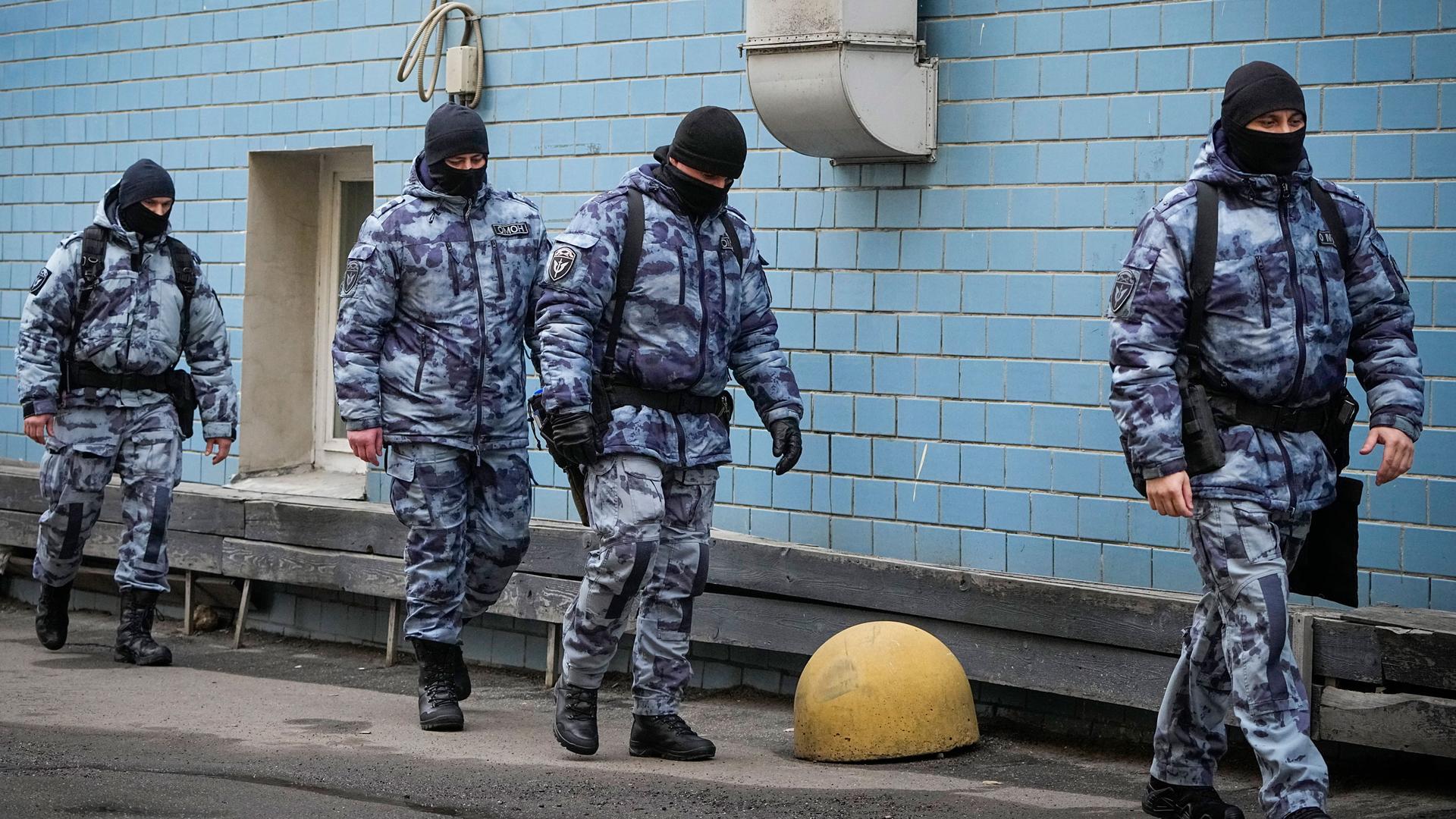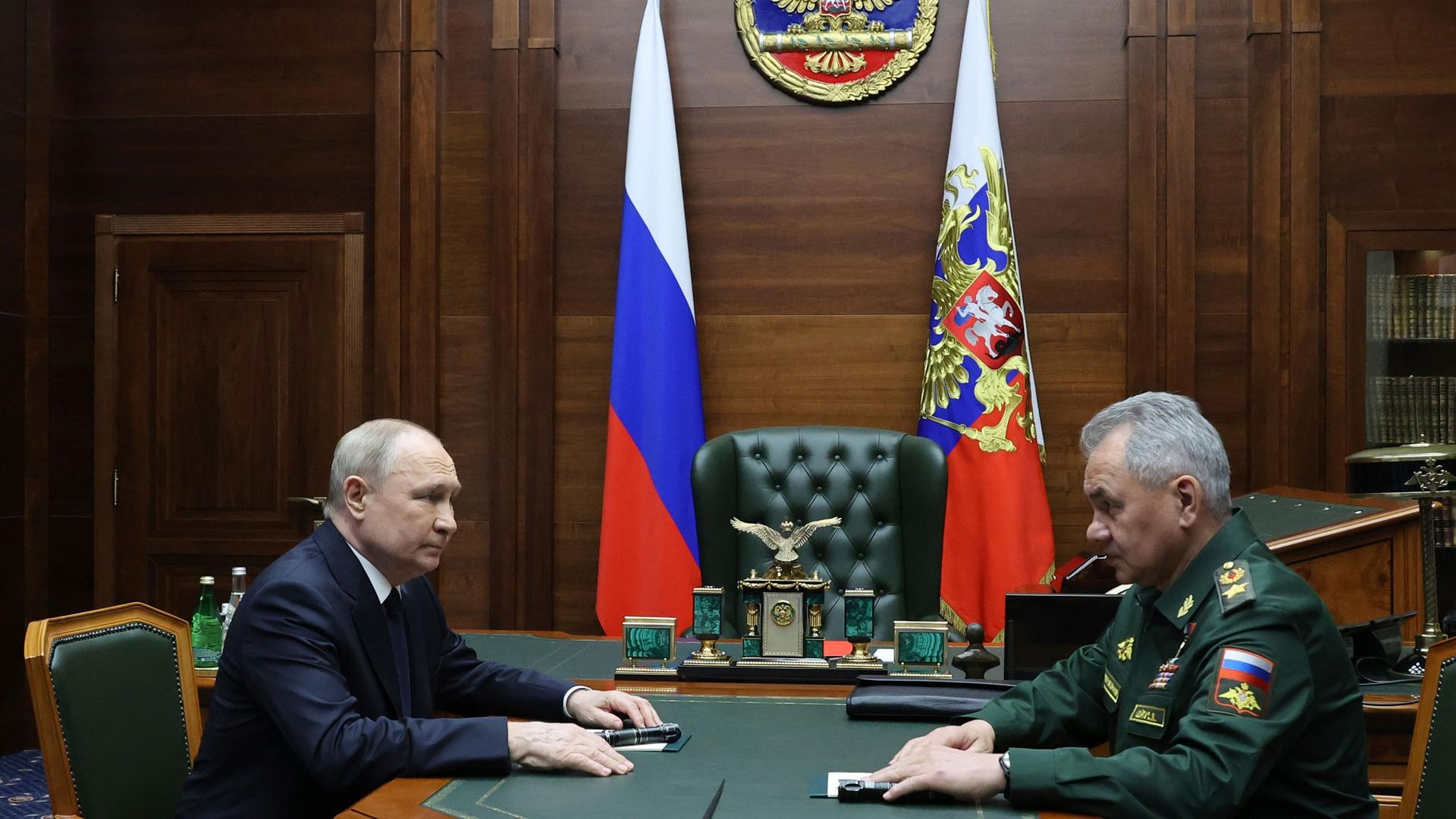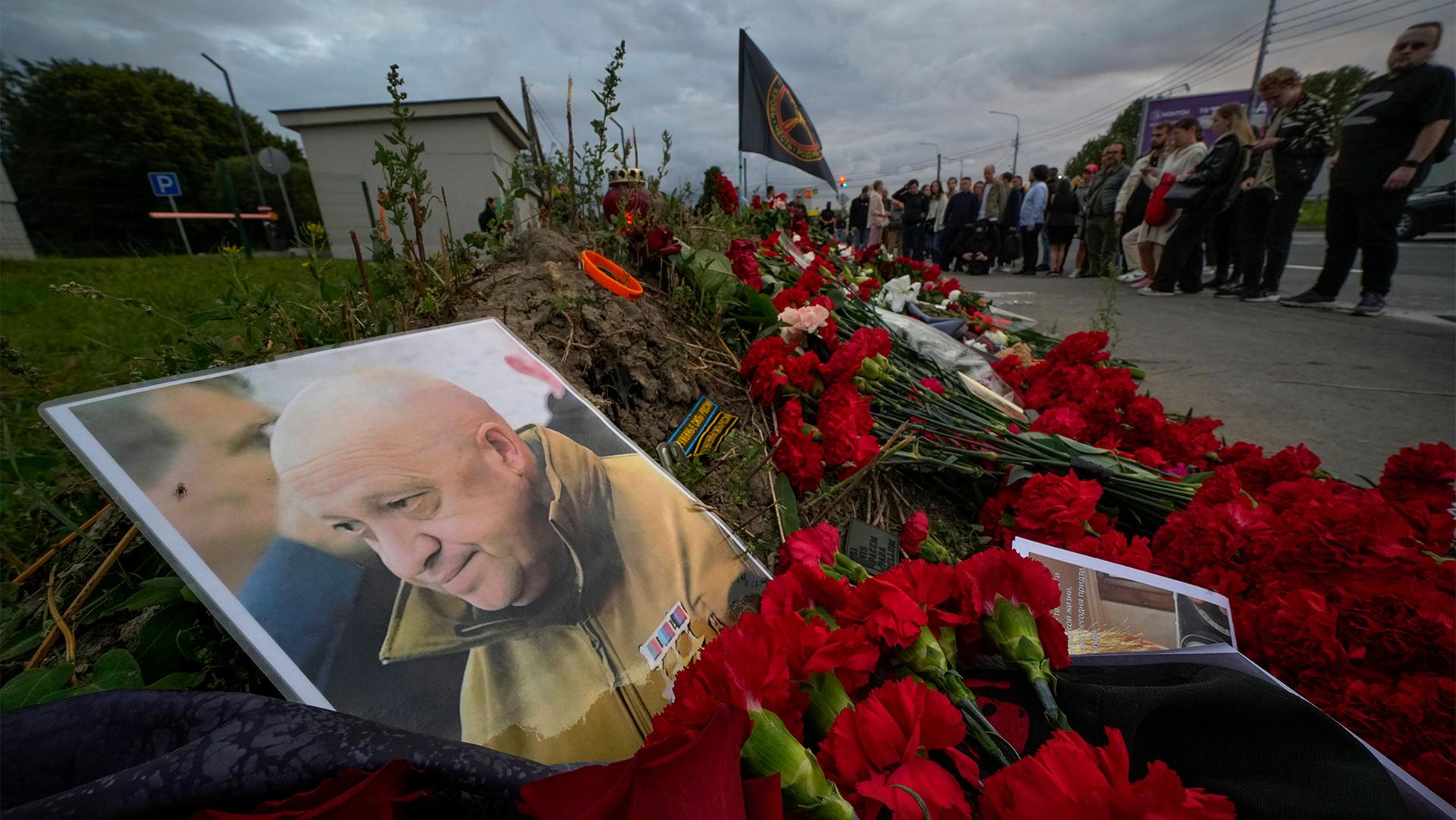Vladimir Putin
Politics over intelligence: Crocus Hall shooting in Moscow raises security concerns
Russia is mourning the deadly attack on the Crocus City Hall concert venue outside Moscow, on Friday, March 22. Despite many unanswered questions about the attack, the Kremlin is already forming a narrative that will likely have severe political and security implications.
Russia is placing ‘a major bet’ on US midterm election outcomes, journalist says
Journalist Mikhail Fishman, an anchor at the independent Russian news outlet TV Rain, joined The World’s host Marco Werman to talk about how the Russian government is placing “a big bet” on US midterm elections outcomes that will favor Russian President Vladimir Putin’s war in Ukraine.
Russian dissident remains in prison on trumped-up charges
Vladimir Kara-Murza is one of the most well-known opposition politicians in Russia. Like Alexei Navalny, and dozens of other opposition politicians in Russia, Kara-Murza is in prison. Right now, he is awaiting his day in court after being accused of high treason. He is one of hundreds of documented political prisoners in Russia.
Digital clues and the stories Ukraine’s mass graves tell
There are two kinds of mass graves in Ukraine, the ones left after Russian executions, and the ones dug by local people to prevent disease or to protect the bodies. Now, there are efforts underway to document the graves and create digital records of the bodies, in order to identify them later.
The controversial Chechen leader who supports Putin in Ukraine
Russian President Vladimir Putin promoted Chechen leader Ramzan Kadyrov to army general this month. Kadyrov is a long-time ally of Putin and is known for his inflammatory remarks and abysmal human rights record. He has also described Russia’s invasion of Ukraine as a “holy war.”
Russian propaganda tries to convince youth that Russia is “always a victim of the West,” great-granddaughter of Nikita Khrushchev says
Russian schools are revamping their curriculum and encouraging students to join a new patriotic youth movement in an attempt to steer them away from Western influence. To discuss how propaganda works, The World’s host Marco Werman speaks with Nina Khrushcheva, professor of international affairs at The New School in New York and great-granddaughter of former Soviet Premier Nikita Khrushchev.


